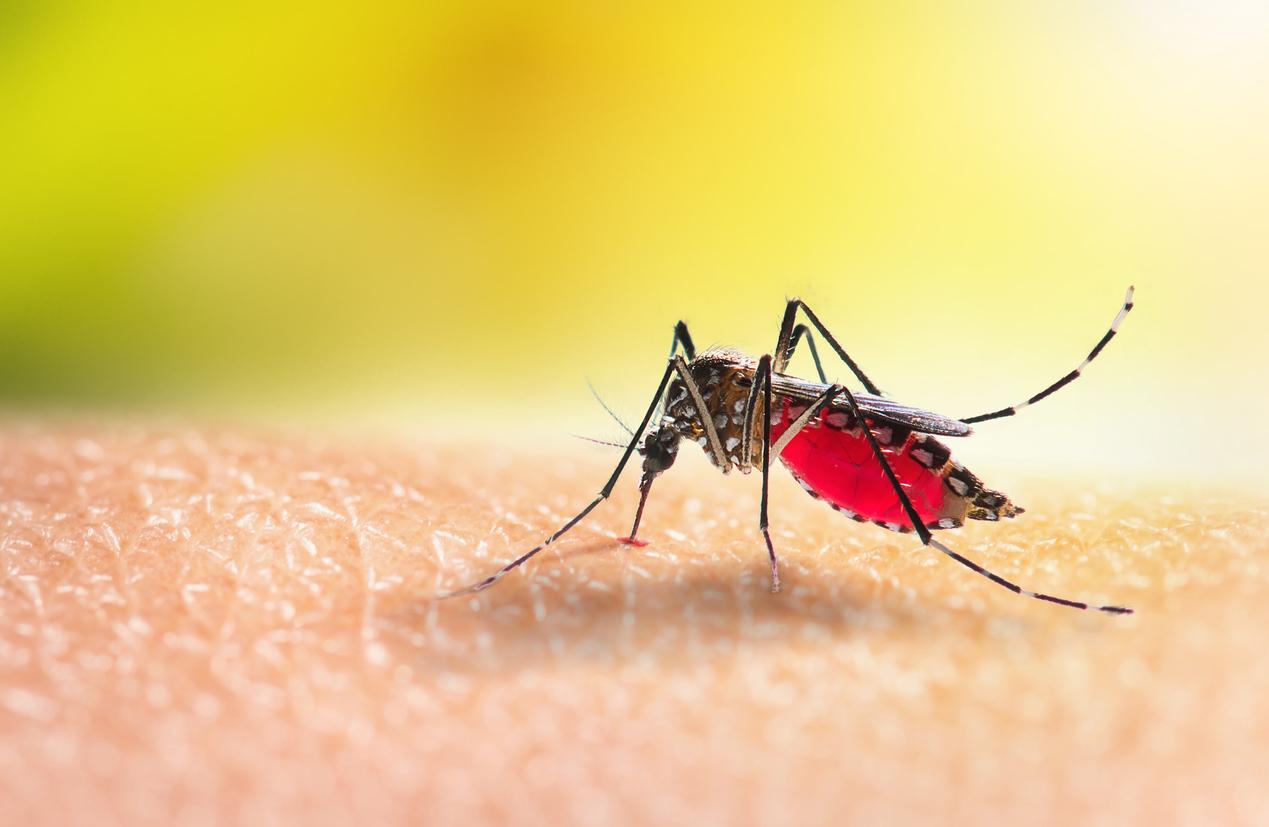After analyzing 7,000 strains of Listeria, French researchers have demonstrated the great diversity of pathogenicity of this bacterial species.

The bacteria Listeria monocytogenes is a species placed under close surveillance. It is responsible for listeriosis, a food infection with serious consequences for pregnant women and the elderly. But among the different strains, some are more aggressive than others. French researchers (1) have discovered hypervirulent strains associated with the most severe infections. These results were published this Monday in the newspaper Nature Genetics.
To carry out their work, the scientists analyzed the genome of 7,000 strains of Listeria collected over 9 years. More than 2,000 of them came from samples taken from patients, the others came from contaminated food.
A heterogeneous species
The genotyping of these bacteria showed great heterogeneity within this species. By combining these results with clinical data from 800 patients, the researchers have shown that hypervirulent strains are mainly found in humans. “In addition, the strains most associated with infections appear to be the most invasive, because they affect the central nervous system and the fetus more frequently than the strains most associated with food,” explains the Institut Pasteur, which led this work.
A hypothesis confirmed by a mouse model. Scientists administered these very aggressive strains to rodents and observed that they attacked the brains of animals and the fetus. Consequences that have not been reported with less virulent strains.
According to the researchers, this cerebral and foeto-placental tropism is linked to a group of genes present in the most dangerous strains. “These results pave the way for understanding the mechanisms responsible for neurological and materno-neonatal listeriosis,” notes the Institut Pasteur.
An infection that can be fatal
They also plead for an evolution of the microbiological monitoring of this bacterial species. Indeed, today the research carried out on Listeria monocytogenes are based on the analysis of non-virulent “reference” strains. However, this work shows that men are preferentially infected by hypervirulent bacteria. Using these as a reference would improve the relevance of the work carried out in the laboratory.
Each year in France, around 300 cases of listeriosis are identified. In adults, this bacterial contamination results in sepsis, or even meningitis or meningoencephalitis. In pregnant women, it can cause miscarriage, premature delivery or neonatal infection. Although there is antibiotic treatment, 20 to 30% of patients, apart from pregnancy, die.
(1) Institut Pasteur, Inserm, CNRS and University of Paris Descartes – Sorbonne Paris Cité
French researchers from the Institut Pasteur analyzed 7,000 strains of Listeria, some of which are particularly aggressive and preferentially infect humans …
Posted by Why actor on Tuesday, February 2, 2016
Listeria: Researchers of @aiderpasteur discover hypervirulent strains https://t.co/Cd2apKLWbl #health pic.twitter.com/ZCIhYEW6XU
– Pourquoidocteur (@Pourquoidocteur) February 2, 2016
.

















